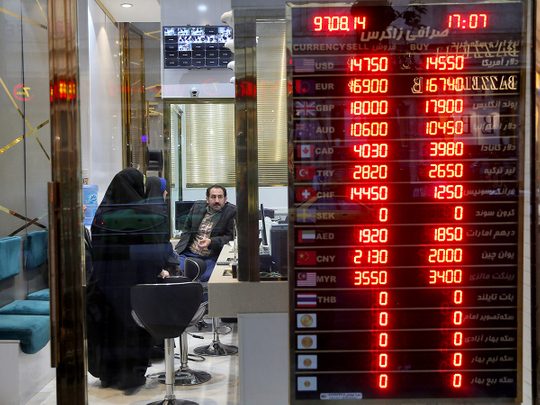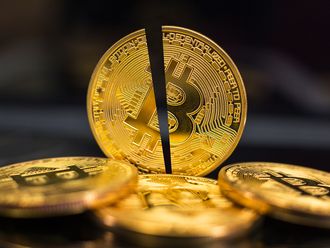
If one thing has become increasingly apparent as a result of the pandemic, it is the importance of community. In the traditional sense, community is defined as a group of people linked by geographical location.
However, as a result of globalisation, the term is synonymous with shared perspectives and common interests, with geography becoming obsolete as a prerequisite for the formation of a strong community. The pandemic has highlighted that as a global community, our futures are tightly intertwined; and, our own personal and professional successes are dependent upon those of our colleagues, neighbours, friends and family - in short, our tribe.
In this sense, community does not need to be simply defined as a group of people with whom we share interests, but rather, those upon which we rely on for mutual support. After all, when others thrive, so do we. Trust is an essential component for any strong community – and this was central to our approach to reimagining remittances.
There are communities that do not have access to conventional banking and this needs to change. Democratising the banking sector should be a key priority in a post-COVID-19 world. As a global society we must not ignore the more than one billion people worldwide who do not have a bank account.
Rather, we must empower them to become the bank their community needs, and have access to tech solutions that will enable them to financially support their tribe. Low-income expatriate workers have been especially vulnerable to effects of the pandemic.
Brought to a halt
The traditional way in which many transferred their wages home proved to be wildly ineffective as exchange bureaus were forced to close. This had a huge impact upon workers’ ability to send money to families at a time when they needed it most. Additionally, many of the home countries of low-income expatriate workers in the UAE, including India, have been especially hard hit by the pandemic.
By giving individuals the means in which to take full control of their finances, including how they choose to support their families, we can evolve global banking in a way that caters to the masses as opposed to just the privileged.
Fintech solutions aimed at democratising the banking system must take into account a crucial component – namely, trust and transparency. Traditional banks do not do enough to provide financial control to hard-working individuals, many of whom send up to 80 per cent of their wages thousands of miles away.
Connect on credit/debit cards
By enabling expatriate workers to share access to their credit or debit cards with those that they trust, they can provide vital funds to their community of choice, safely, securely and instantly. This means that community members no longer need to rely upon banks to grant them loans, but rather can depend upon the trust earned amongst their peers to access credit.
And trust has the potential to be a gamechanger. Enabling communities to make their own decisions about how they financially support one another, based on their vast inter-personal experiences, can form a key pillar in post-COVID-19 economic recovery.
There is no reason why credit should be confined within the borders of one nation, when it can be effectively utilised, and repaid, by trusted family and community members around the globe. We are passionate about creating technology that allows just this; that empowers individuals to decide how their wages and credit is utilised based on trust.
The pandemic has certainly highlighted how much we rely on our neighbours to survive and flourish. Now is the time to empower communities to take ownership of their own recovery and let their members become the banks their “tribes” truly need.








